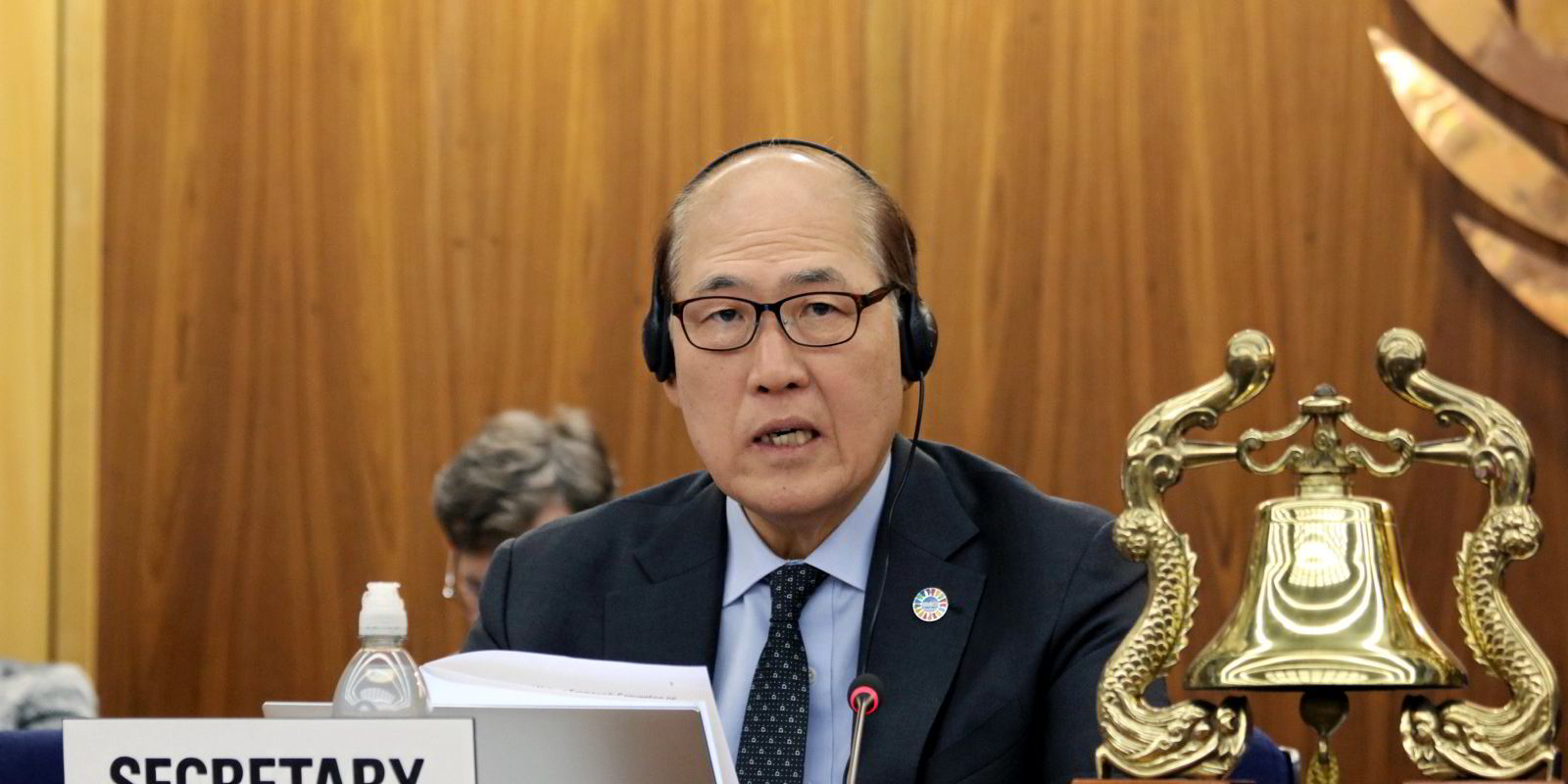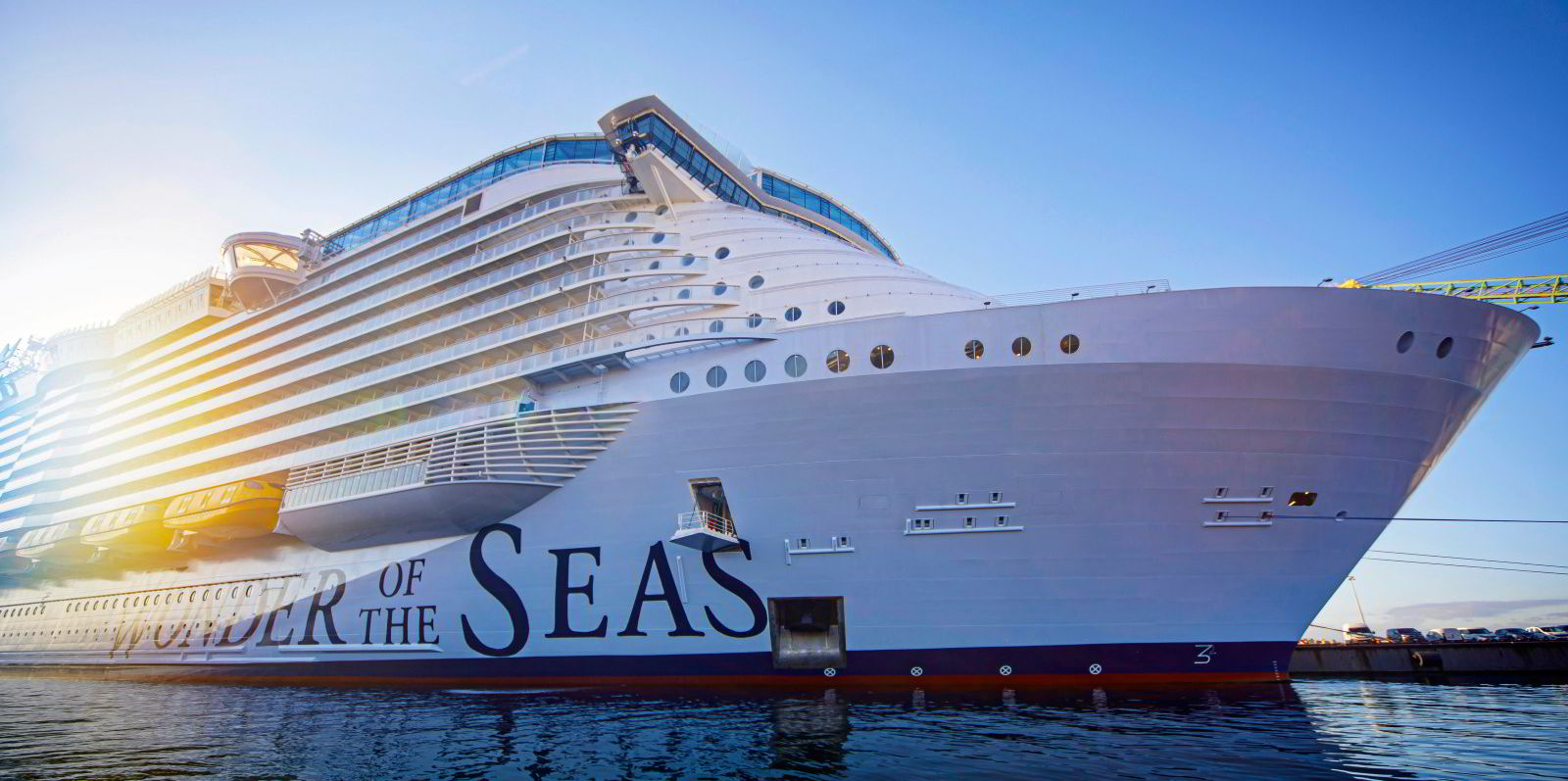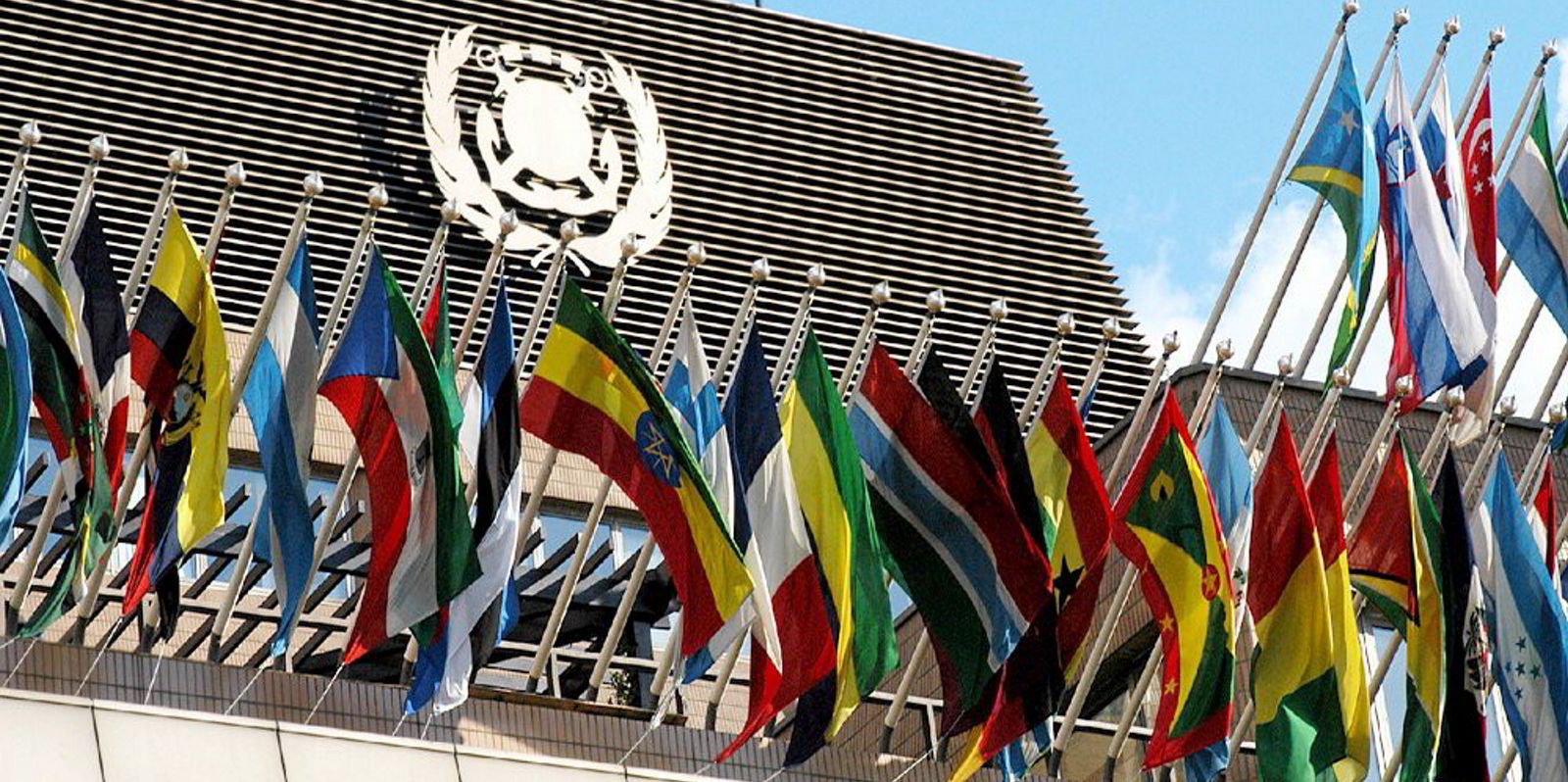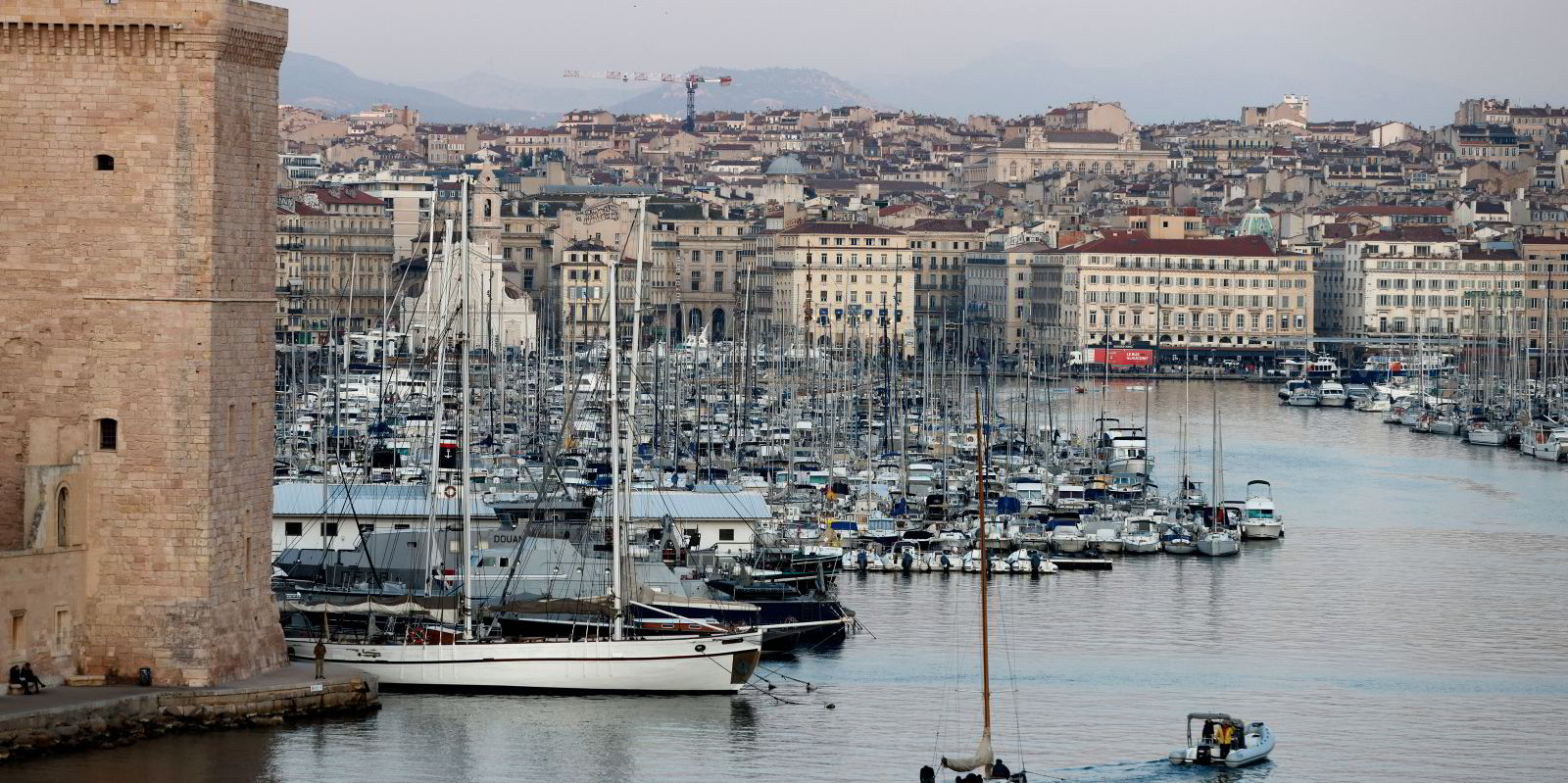Mediterranean shipping players have a little more than two years’ time to adjust their fleets to the new Emissions Control Area (ECA) formally decided by the IMO on Friday.
The Marpol Convention will be amended to include the Mediterranean ECA on 1 May 2024. This means that the emission limits applied there will take effect one year later, on 1 May 2025.
Both IMO chief Kitack Lim and green groups welcomed the decision, which sets a 0.1% cap on sulphur oxides and particulate matter in one of the world’s busiest waterways.
This “is a crucial step forward towards cleaner air in the whole region,” conservationist group NABU said in a press release, “highly welcoming a shift to cleaner fuels and improved air quality for almost 150 million people”.
More than 20 coastal states had submitted a proposal to that effect in a meeting in Turkey last year.
The Mediterranean ECA is the fifth worldwide for sulphur oxides and particular matter alongside existing ones in the Baltic, the North Sea, North American waters off the US and Canada, as well as in the Caribbean around Puerto Rico and the United States Virgin Islands.
At the same time, conservationists expressed regrets that the cap doesn’t include nitrogen oxides as well.
“We are disappointed that policy makers missed the chance to enforce a full ECA covering both sulphur and nitrogen oxides,” NABU said on Friday.
“A Nitrogen Emission Control Area (NECA) like in the North and the Baltic Sea would further improve air quality and save hundreds of lives annually,” the Berlin-based group's Transport Policy Officer Sonke Diesener added.
Several countries on the Mediterranean rim are reluctant to entertain radical steps towards decarbonisation.
Mindful of the aged bulkers, tankers and ferries catering to short-haul trade and tourism in the Mediterranean, countries such as Greece have been pleading for slow, gradual measures.

Forty percent of Greece’s ferry fleet, on which millions of islanders and tourists rely on is more than 30 years old, according to Piraeus-based XRTC Business Consultants.
Nevertheless, further efforts to increase environmental standards in parts of the Mediterranean are already underway.
The IMO’s Marine Environment Protection Committee (MEPC) separately agreed in Friday, in principle, to designate a “particular sensitive sea area” (PSSA) in the North-Western Mediterranean Sea.
The measure submitted by France, Italy, Monaco and Spain aims to protect cetaceans “from the risk of ship collisions, ship-generated pollution and to increase awareness on a critically important area for the fin whale and the sperm whale”.
The northwest Med PSSA is already protected under the European Union’s Barcelona Convention on marine protection.
The Cruise Lines Industry Association (CLIA), the world’s largest cruise industry trade association, already agreed in October under French pressure to enter into a 13-point “sustainable Mediterranean cruise charter” with authorities in the region.
In the document, cruise companies pledge to slow steaming in the region when whales are around and to comply with the 0.1% sulphur oxide cap as early January 2023 within three nautical miles (5.6 km) from France’s Mediterranean shores.





